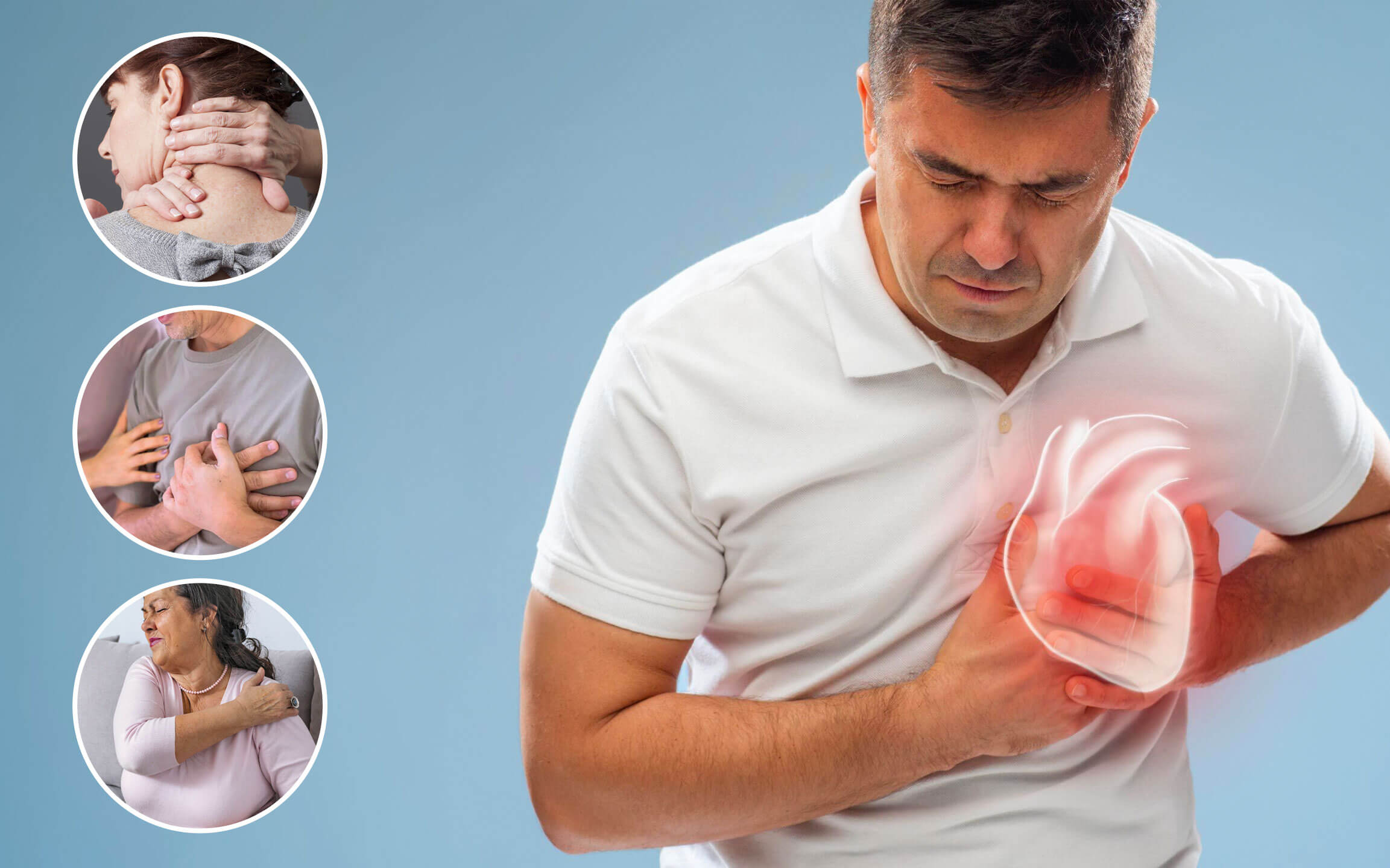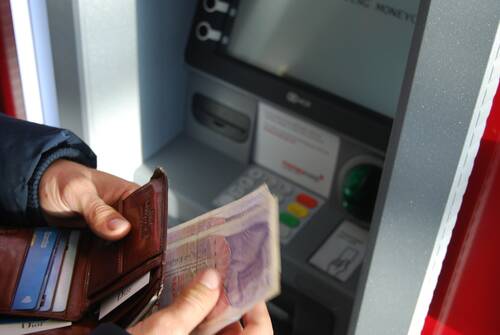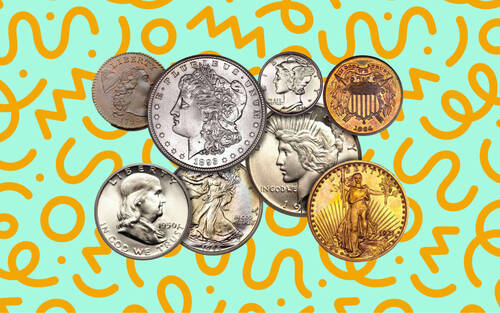7 Early Signs of Heart Attack
A heart attack, also known as a myocardial infarction, can present with various symptoms. Recognizing the early warning signs is crucial for seeking immediate medical attention and potentially saving a life. Here are seven early signs of a heart attack:

1. Chest Pain or Discomfort
Chest pain or discomfort is the most common symptom of a heart attack. It is often described as a tight, squeezing, or crushing sensation in the chest, which may last for several minutes or come and go. The pain may radiate to the neck, jaw, shoulder, or arm, typically on the left side.
2. Shortness of Breath
Feeling suddenly short of breath, even without physical exertion, can be an early sign of a heart attack. This symptom may be accompanied by chest discomfort or occur on its own.
3. Nausea and Vomiting
Some people experiencing a heart attack may feel nauseous or vomit. These gastrointestinal symptoms can be particularly common in women.
4. Lightheadedness or Dizziness
Feeling lightheaded or dizzy, especially when standing up, can be a sign of reduced blood flow to the brain, which can occur during a heart attack.
5. Cold Sweats
Sudden, unexplained cold sweats, often described as a clammy or cold feeling, can be a symptom of a heart attack.
6. Fatigue
Extreme fatigue or an unexplained feeling of extreme weakness can occur before or during a heart attack. It may be persistent and not relieved by rest.
7. Pain or Discomfort in Other Areas
In addition to chest pain, a heart attack can cause pain or discomfort in other areas of the upper body, including the back, neck, jaw, shoulder, or arm. This pain can be gradual or sudden and may come and go.
Summary: Act Quickly
If you or someone you are with experiences any of these early signs of a heart attack, it's essential to seek immediate medical attention by calling 911 or the emergency services in your area. Early intervention and treatment can significantly improve the outcome of a heart attack. Do not delay or attempt to self-diagnose; erring on the side of caution can be a life-saving decision.





